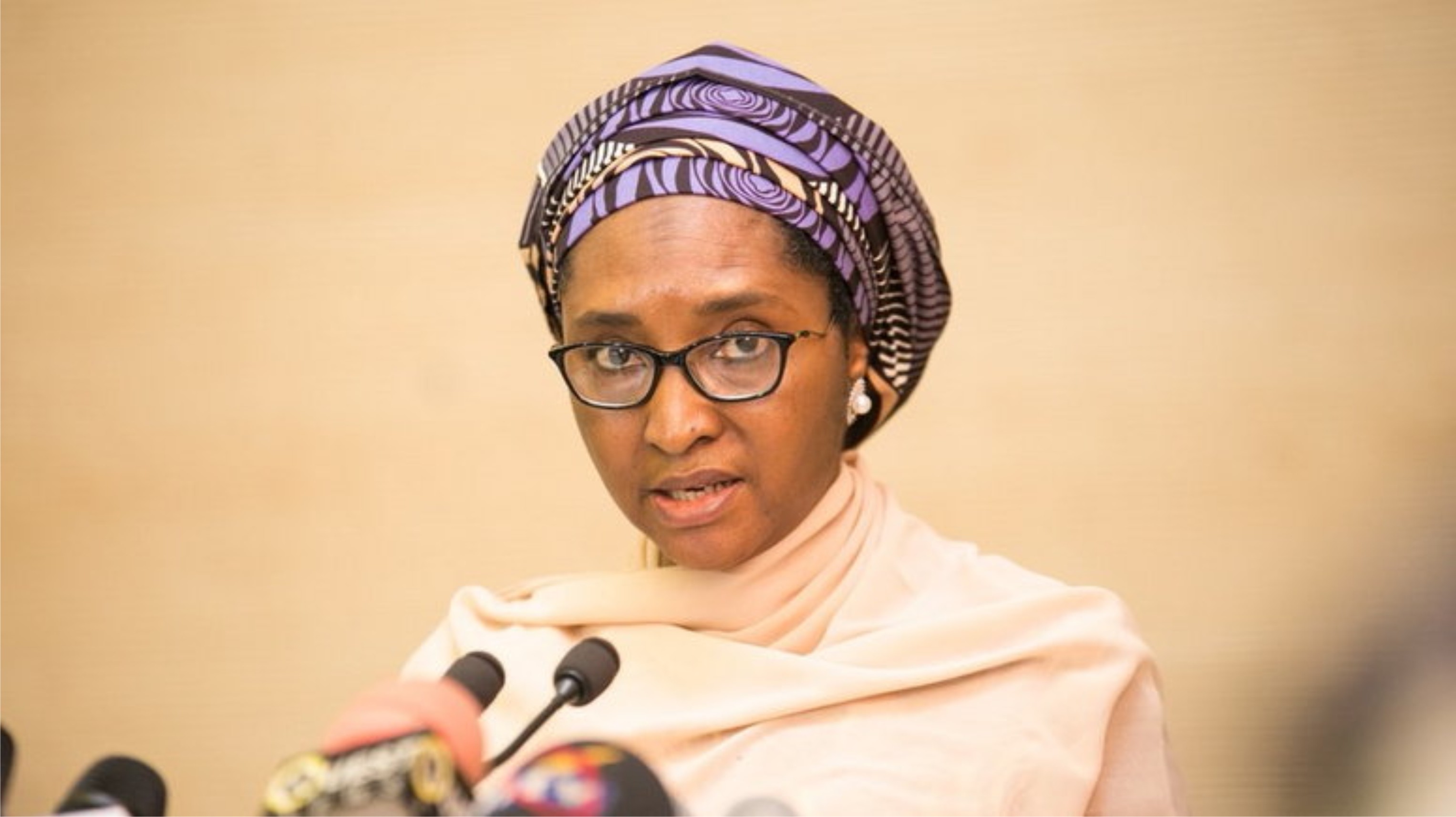Business
Nigeria May Enter Recession In Six Months –Minister

The Minister of Finance, Budget and National Planning, Mrs Zainab Ahmed, has warned that the Nigerian economy may slide into recession if the coronavirus pandemic continues for the next six months.
She stated this during her appearance on Channels Television’s Politics Today where she spoke on steps being taken by the government to cushion the impact of the pandemic on the nation’s economy.
She said: “We are hopeful that this pandemic will be limited in time. If it is an average of three months, we should be able to close the year with positive growth.
“But if it goes longer than that, six months, one year, we will go into recession.”
The warning came as the International Monetary Fund (IMF) said the global economy has entered recession over the ravaging impact of the COVID-19 on different countries.
The Managing Director, IMF, Kristalina Georgieva, who said this while making an opening remark during a conference call of the International Monetary Fund and Financial Committee, declared that no fewer than 80 countries had approached the Fund for help.
She said: “We have reassessed the prospect for growth for 2020 and 2021. It is now clear that we have entered a recession, as bad as or worse than in 2009.
“We do project recovery in 2021, in fact, there may be a sizeable rebound, but only if we succeed with containing the virus, everywhere, and prevent liquidity problems from becoming a solvency issue.
“A key concern about a long-lasting impact of the sudden stop of the world economy is the risk of a wave of bankruptcies and layoffs that not only can undermine the recovery but can erode the fabric of our societies.”
She added: “We have seen an extraordinary spike in requests for the IMF emergency financing, some 80 countries have placed requests and more are likely to come. Normally, we never have more than a handful of requests at the same time.”
Georgieva disclosed that the executive board of the IMF had already approved the first of the emergency requests for the Kyrgyz Republic, a record fast disbursement.
Reacting to the IMF chief’s submission on global recession and how it would affect Nigeria, experts agreed that if the deadly disease persisted, the nation’s economy would face a serious crisis.
The Managing Director, Afrinvest Securities Limited, Mr Ayodeji Ebo, said: “If this COVID-19 persists for the next six months and oil prices remain below $30 per barrel, then Nigeria may be in a crisis”.
“In addition, if the pandemic significantly spreads in Nigeria, business activities will seriously slow down.”
A professor of capital market studies, Uche Uwaleke, said that disclosure by the IMF chief about global economic recession would affect Nigeria’s economy negatively.
He said that Nigeria’s revenue from oil would be seriously affected.
He said, “The implication for Nigeria is that world trade had dropped; trade between Nigeria and other countries will suffer; there will be more capital flight because foreign investors will move to an economy that is safer.
“It has implications for export particularly oil which would lead to lower revenue for Nigeria; our trade and investment will also fall. If care is not taken, except the CBN continues to defend the naira, it will affect exchange rate.”
To survive the economic crisis, he said, “We need to produce and prioritise our spending by spending more on food and purpose import substitution.”
In his comments, a professor of economics at the Olabisi Onabanjo University Ago-Iwoye, Ogun, Sheriffdeen Tella, said it would take a while before the global economy could recover due to the pandemic.
He said, “There is no production in the last two weeks and when there is no production, a lot of industries will be shut down and it will cause a drawback.
“There are also uncertainties as to when production will start in many parts of the world. So, we are already in recession as it were.”
Business
Tinubu’s RHI Doles Out N50m To 1,000 Kwara Petty Traders

Business
UBA To Educate SMEs, Business Owners On Withholding Tax

Business
Nigeria Losing $40b Annually From Maritime Sector – NIMENA
-
News3 days ago
Nigerian-American Returns $5,700 Found In US
-
News1 day ago
TotalEnergies On Red Alert As Ekpeye Monarch Dissolves UCA
-
Rivers1 day ago
RSG Seeks Stakeholders’ Collaboration For Women, Children Improvement
-

 News3 days ago
News3 days agoFG Shops For New Accountant General, Plans Exams, Interviews
-
Niger Delta1 day ago
Speaker, Delta Assembly urges NUJ to check quacks
-
Nation1 day ago
UNIZIK Lecturers Protest Non-Payment Of Salaries For Five Years
-
Rivers3 days ago
CSOs Seek Restraint On Planned Oil Extraction Resumption In Ogoni
-

 Featured1 day ago
Featured1 day agoI Won’t Allow Spoils Of Office To Change Me – Fubara …As Rivers People Mark Gov’s 50th Birthday With Prayers

